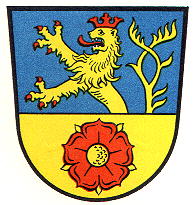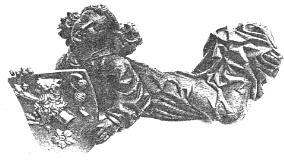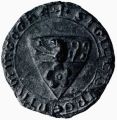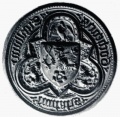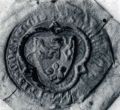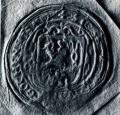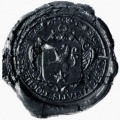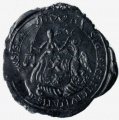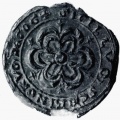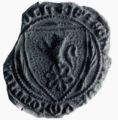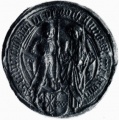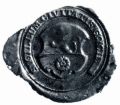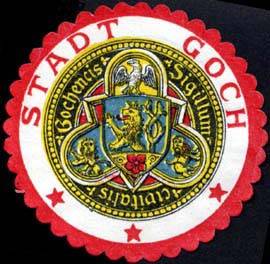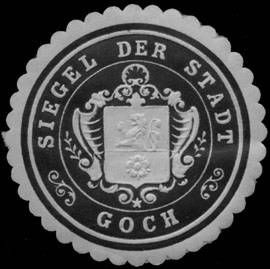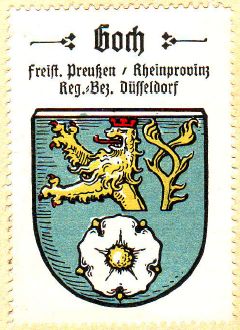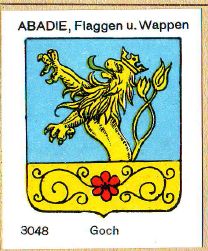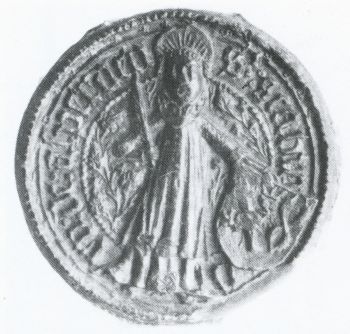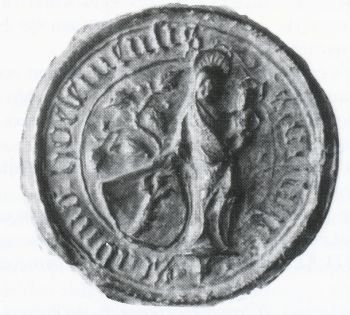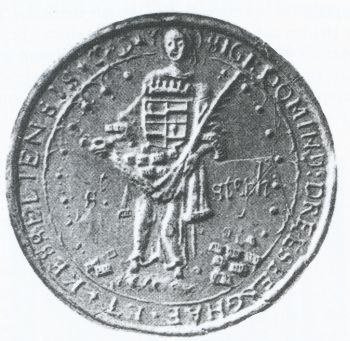Goch: Difference between revisions
Knorrepoes (talk | contribs) |
Knorrepoes (talk | contribs) m (Text replacement - ".jpg|center]] <br/>Seal from around 1900" to ".jpg|center|Seal of {{PAGENAME}}]] <br/>Seal from around 1900") |
||
| Line 37: | Line 37: | ||
{|align="center" | {|align="center" | ||
|align="center"|[[File:gochz1.jpg|center]] <br/>Seal from around 1900 | |align="center"|[[File:gochz1.jpg|center|Seal of {{PAGENAME}}]] <br/>Seal from around 1900 | ||
|align="center"|[[File:gochz13.jpg|center]] <br/>Seal from around 1900 | |align="center"|[[File:gochz13.jpg|center|Seal of {{PAGENAME}}]] <br/>Seal from around 1900 | ||
|- | |- | ||
|align="center"|[[File:goch.hagd.jpg|center|Wappen von {{PAGENAME}}]] <br/>The arms by [[Otto Hupp|Hupp]] in the [[Kaffee Hag albums]] +/- 1925 | |align="center"|[[File:goch.hagd.jpg|center|Wappen von {{PAGENAME}}]] <br/>The arms by [[Otto Hupp|Hupp]] in the [[Kaffee Hag albums]] +/- 1925 | ||
Revision as of 07:31, 1 March 2016
This page is part of the German heraldry portal |
Heraldry of the World |
|
German heraldry:
|
Selected collector's items from Germany:
|
GOCH
State : Nordrhein-Westfalen
District (Kreis) : Kleve
Additions : 1969 Asperden, Hassum, Hommersum, Hülm, Kessel, Nierswalde, Pfalzdorf
Official blazon
Erniedrigt geteilt von Blau und Gold, oben ein wachsender, rot gekrönter und rot bewehrter, zwiegeschwänzter goldener Löwe, unten eine fünfblättrige rote Geldernsche Rose (Mispelblüte) mit goldenem Butzen und goldenen Kelchblättern.
Origin/meaning
The arms were officially granted in 1970, but are based on the 13th century seal of the city.
| The arms of Goch held by an angel (15th century). |
The arms show a combination of the two symbols used by the Counts (later Dukes) of Geldern. The town got city rights in 1230 from Otto II von Geldern. All later seals, with one exception, show the combination of the lion and the medlar. Only one 15th century seal show the images of St. Margaretha and St. George with a shield with the arms of Kleve and Mark. Goch was transferred form Geldern to Kleve in 1473. At the time Kleve was combined with Mark, thus both arms appear on the seal of Goch. Later seals, however, show again the historical arms.
The different seals of Goch:
In the early 20th century the arms below were shown in the Kaffee Hag albums. These arms show the same composition, but in different colours. The additions in 1969 did not change the historical arms.
| Seal from around 1900 |
Seal from around 1900 |
| The arms by Hupp in the Kaffee Hag albums +/- 1925 |
The arms in the Abadie albums |
Kessel did not use arms. The two seals of the village show the patron saint, St. Stephen (+/- 1666) and the arms of the Lords of Driesberg (1786), who owned the village in the 18th century. Asperden was part of the Amt Goch of the duchy of Geldern since 1331, but did not have its own arms. The only known seal (1448) shows the patron saint, St. Vincent. Hülm also had no arms, only a seal showing St. Mary and Child, and a small (unidentified) shield.
Hassum and Hommersum were historically part of Asperden and did not have their own arms or seals.
| Seal of Asperden (1448-1540) |
Seal of Hülm (1452-1560) |
Seal of Kessel (17th century) |
Contact and Support
Partners:
Your logo here ?
Contact us
© since 1995, Heraldry of the World, Ralf Hartemink 
Index of the site
Literature : Stadler, K. : Deutsche Wappen - Bundesrepublik Deutschland. Angelsachsen Verlag, 1964-1971, 8 volumes; Frankewitz, S. en G. Fenner : De zegels der steden en dorpen in het overkwartier van Gelre/Die Siegel der Städte und Dörfer im geldrischen Oberquartier. Venlo, z.j. 291 blz.(bilingual) ; Kaffee Hag albums 1920s.


